Listen up Ags, because I’m only going to say this once: potential employers are going to look at your social media. And no, they’re not in the wrong for that.
I’ve heard far too many students moaning and groaning about this, or even being surprised that they got passed over for a job when their social media accounts are as unprofessional as a hot tub streamer’s.
The fact is, if your profile is public, anyone can view it — and I do mean anyone.
This includes your parents, anyone who found your name from your LinkedIn, your potential employer, and — most importantly — your potential employer’s customers.
If you’re not afraid of Joe Schmoe from Fort Worth scrolling through your pics, why would you expect your employer to abstain from looking at them? Besides, having a public account basically invites them into the intimate parts of your life.
According to a Jobvite study, the majority of hiring managers look at your account to learn more about your qualifications or to ensure you’ll be a good fit for the company’s culture. Others just want to see if you’re a creative person.
Social media has given hiring managers the upper hand in today’s job market. Anyone can crack open a thesaurus and regurgitate positive nouns under the “Skills” section of their resume. We’ve all been there — creativity, adaptability, timeliness. Rather than depending on the resume and interview alone, social media allows hiring managers to follow up on these claims and see what you spend your time doing.
Maybe your account is full of books you’ve read, crafts or projects you’ve done, or creative pictures of your dog you took when you thought he wasn’t looking. In that case, congratulations! You’ve probably passed this portion of the hiring process.
On the other hand, if your account is full of scantily-clad mirror selfies, red solo cups every weekend and just general hooliganism, there’s a pretty good chance you’ll be getting one of those “We regret to inform you … ” emails very soon.
The advent of social media gives us a very different hiring experience than that of our parents. They never had to worry about their boss finding out what they did over the weekend, or that something they said back in college would resurface to haunt them as an adult.
This is a problem unique to us and our careers, and we need to recognize that and mitigate the damage it can cause.
Rule No. 1: don’t act a fool online.
Let’s start with the obvious. If your profile picture is you in a bikini, lingerie or similarly promiscuous lack of clothing for men (looking at you, post-workout towel mirror selfies), maybe rethink that. Even if your account is private, that photo is readily available to anyone searching you up. Is that really the first impression you want to make?
Next, consider privatizing your account. Unless you’re running something that doesn’t have your face on it at all, like say a pet profile or weekly movie review, there’s no reason for you to be presenting your persona and thoughts to anyone and everyone.
Worse, you can’t just depend on yourself. Even if you’ve got your public social media tamped down, double-check whether or not your friends do. If they’ve tagged you in a photo, anyone can see your name, regardless of your account’s privatization status. In high school, I heard about a kid losing a scholarship because someone else’s photo surfaced of him drinking underage. Don’t let it happen to you.
Last but not least, remember that nothing is ever deleted. That offensive Tweet from 2016 that you thought was funny at the time may come back to haunt you.
Think twice before hitting “post,” and make sure everything on your account should be there in the first place. A good rule of thumb? Sanitize your account by looking at each picture and thinking about how your grandmother would react if you showed it to her.
This may be the first time a hiring manager looks at your accounts, but it certainly won’t be the last. Don’t regret it.
Charis Adkins is an English junior and opinion columnist for The Battalion.




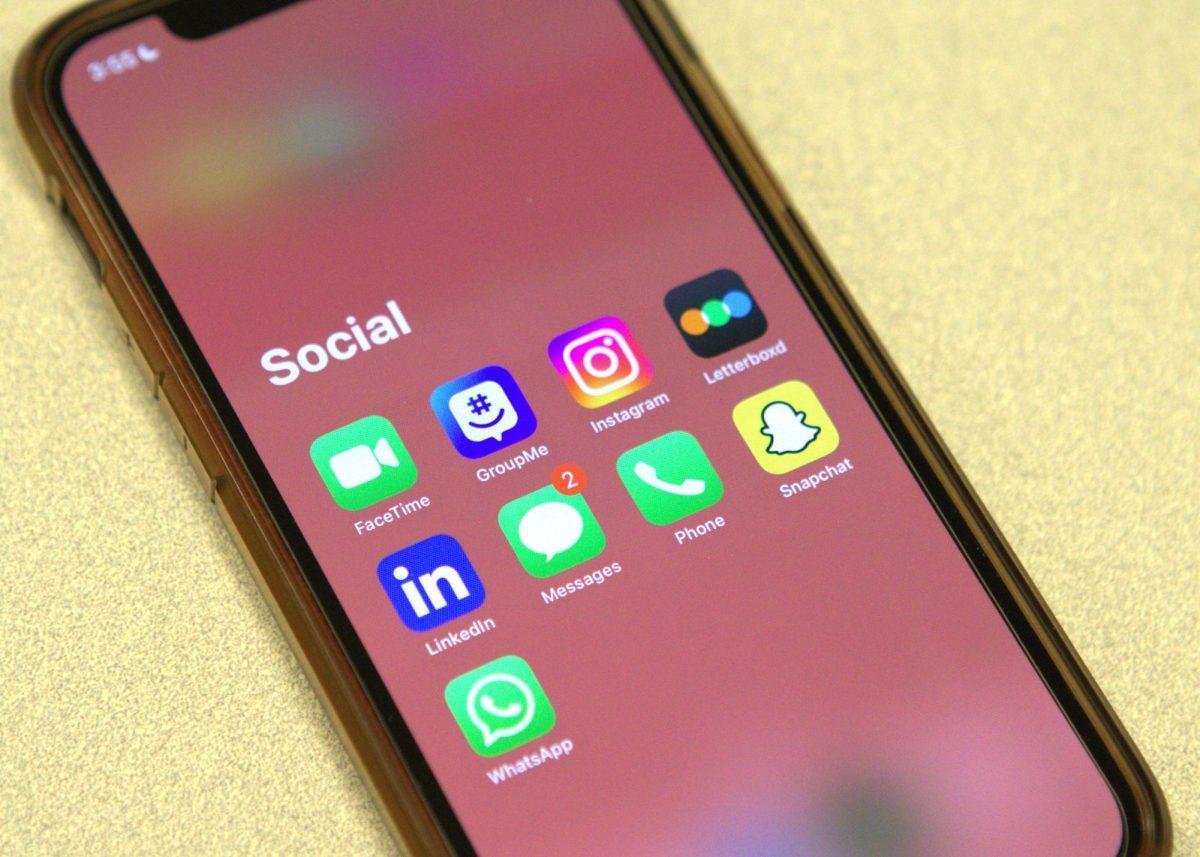
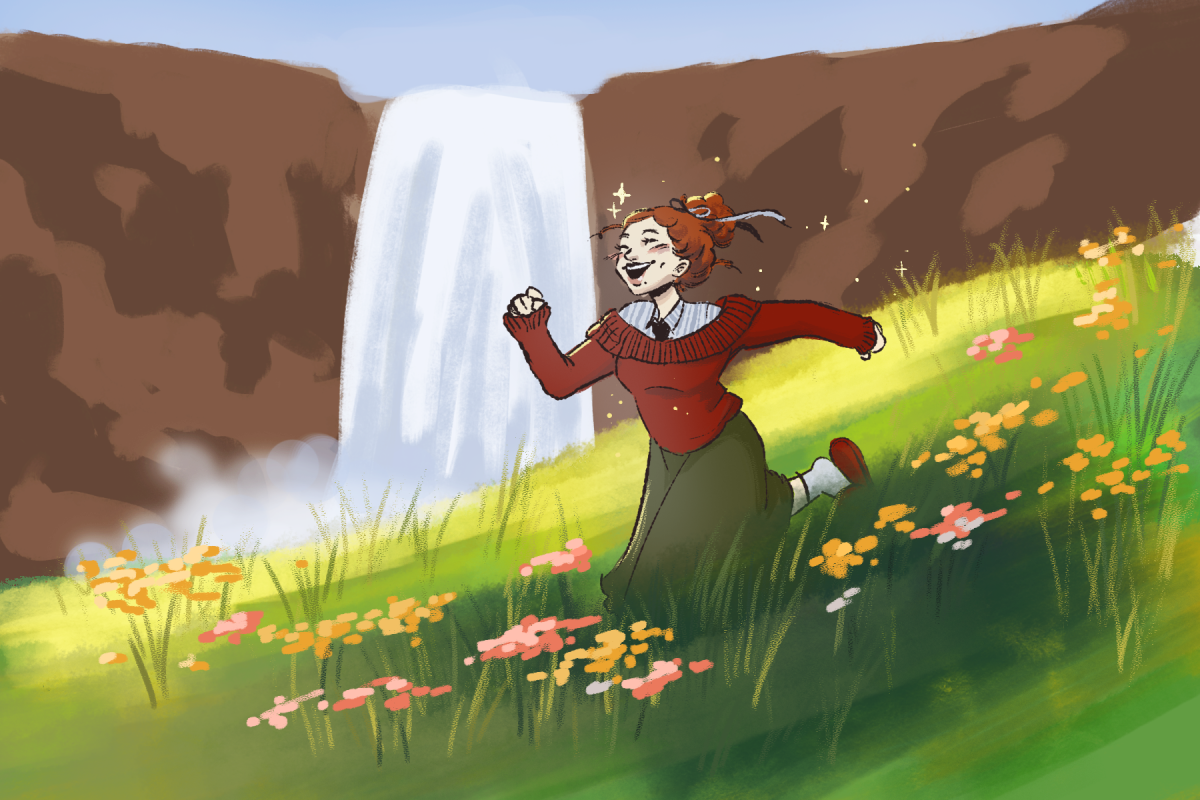
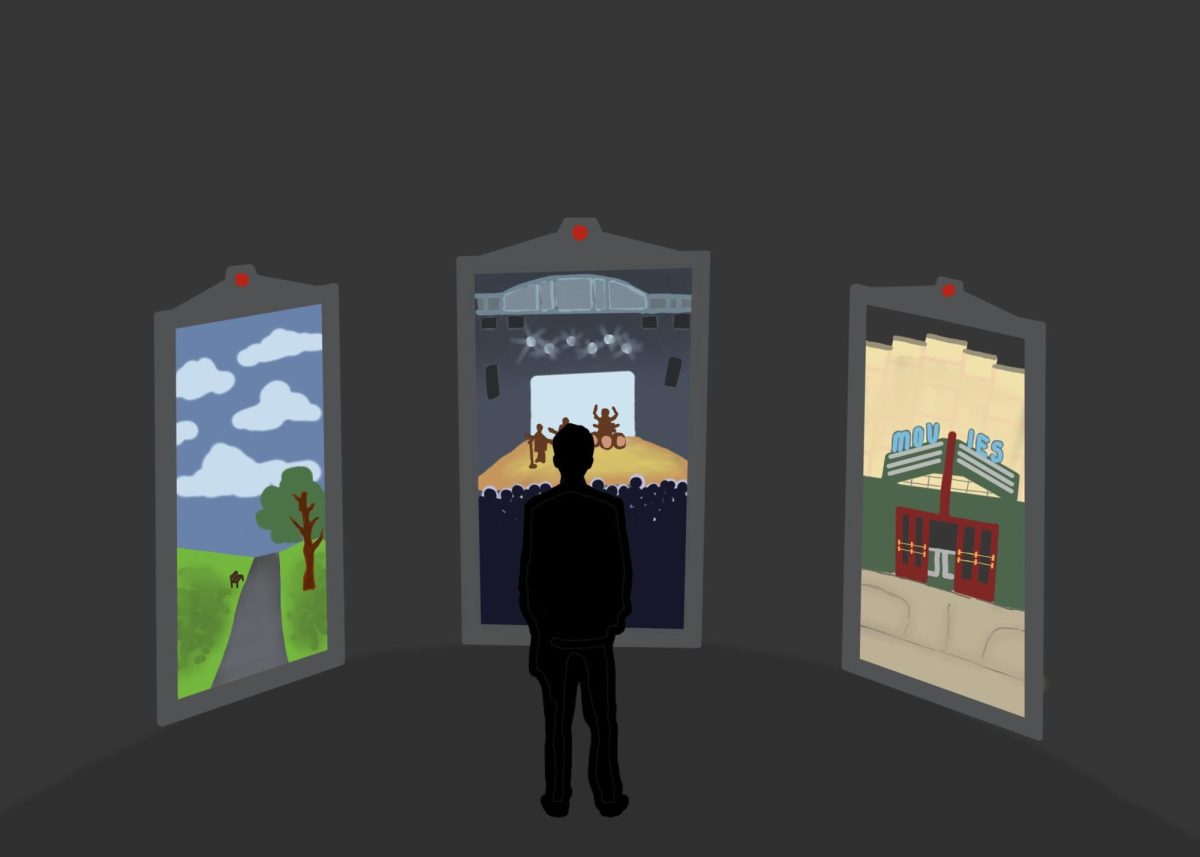
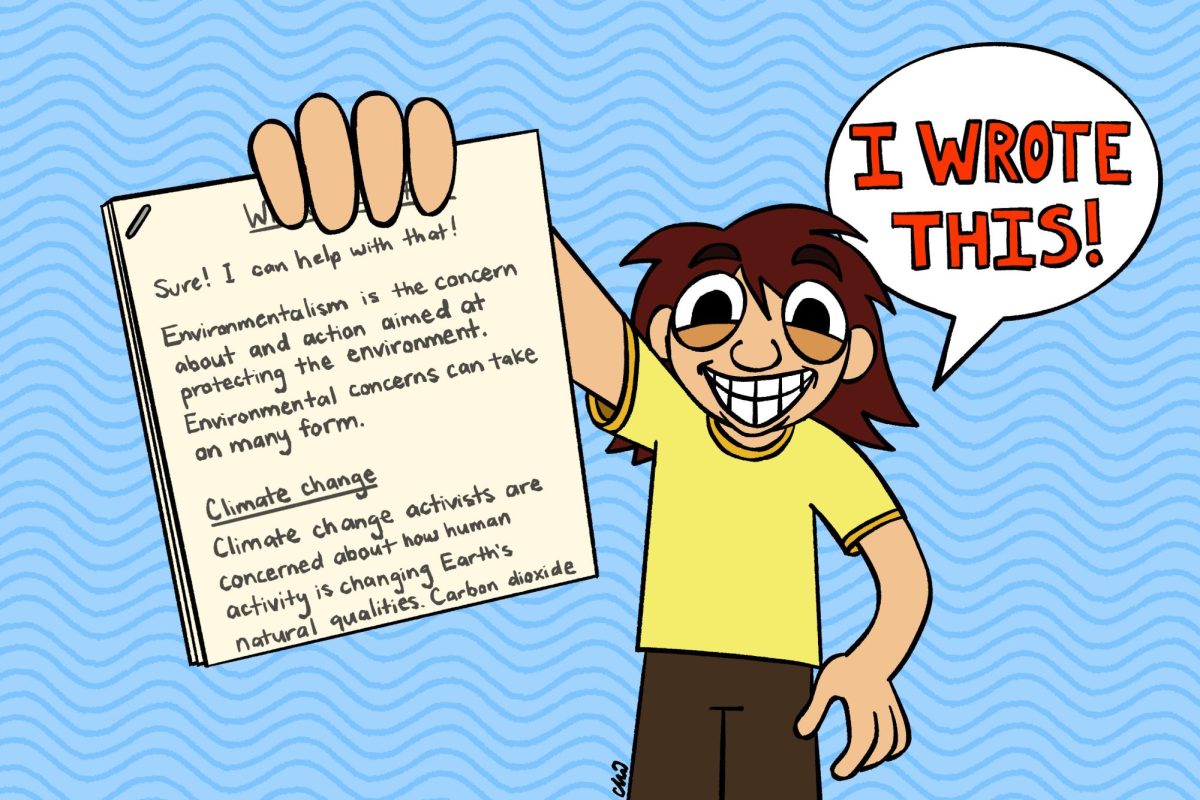

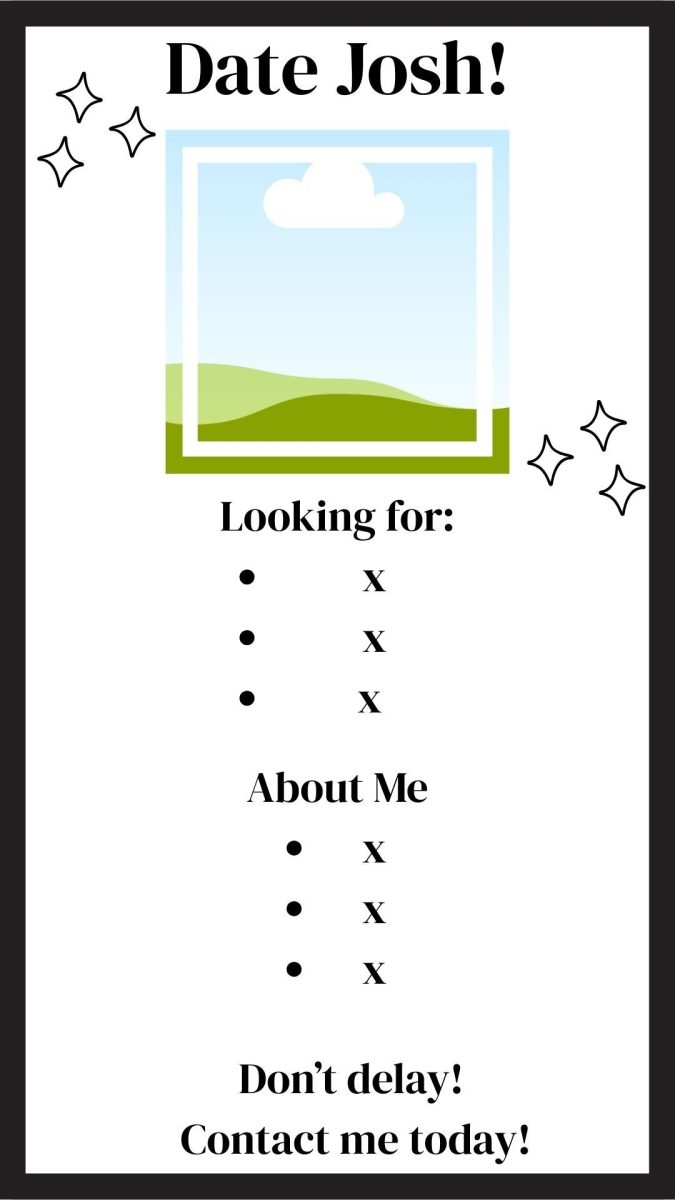







Isabella Garcia • Feb 7, 2024 at 8:12 am
YESS